By Natasha Crain
In conjunction with my new book, I’ll be doing several speaking events and seminars. In those events, I’ll be explaining to parents the key faith challenges that their kids will encounter, and what they need to do to equip their kids with a faith that’s ready for those challenges.
One of the event coordinators sent me a couple of questions that her prospective attendees had sent in response to the outline of my talk. The parents who had seen the outline wanted to be sure I included information on how kids will encounter challenges to their faith. In other words, it’s one thing to have a general understanding that challenges lurk in the world, but it’s another thing to be able to put your finger on what, specifically, we’re talking about.
Today I want to give you a bunch of very practical ways your own kids will encounter challenges to their faith. There are many others, but this is a list to just get you thinking. If you don’t believe your kids are being challenged on their faith (or will be soon), I pray this opens your eyes.
1. Your kids’ own thoughts.
Who has never had doubts about their faith simply based on their own life experiences? Even if you kept your kids in a tiny bubble for 18 years so they would never encounter an external challenge to their faith (something neither possible nor desirable), questions would still naturally arise. How do I know an “invisible” God is actually there? Why is there so much bad stuff in the world if God is good? Why am I trapped in this tiny bubble? The list goes on.
2. Other kids.
With fewer Christian adults in America, there are now fewer kids being raised as Christians as well. Just as we want to raise our kids with a belief in Jesus, most atheists want to raise their kids with a belief that God doesn’t exist. If your kids are in a public school, they will certainly hear conflicting comments from other kids about Christianity…and friends are powerful influencers.
What if you send your kids to a private Christian school? They’ll probably encounter fewer challenges from friends, but that doesn’t mean they won’t encounter challenges at all. My own kids go to a private Christian school and last year a Kindergartener told them that only her mom believes in God—she believes “in science,” like her dad.
Wherever you engage with other kids—school, extracurricular activities, and even church (see number 17)—your kids may very well encounter challenges to their faith.
3. School teachers.
While public school teachers are supposed to be objective, it should surprise no one that such objectivity doesn’t always play out in practice. I received an email from a parent a few weeks ago saying that her daughter mentioned something about her faith in class one day and the teacher replied, “You believe all that stuff?” The girl was embarrassed and the mom who emailed me wondered how to talk to her child about the issue of respecting authority figures (like teachers) while understanding they may also be wrong.
4. School subjects.
Evolutionary biology is an obvious subject where kids will be challenged by what they learn, given the apparent conflict with the biblical creation account. But issues of worldview arise in many other subjects as well: history (e.g., a teacher may present the historical actions of Christians very negatively), literature (e.g., in the messages/worldview presented), civics (e.g., how the relationship between “church and state” is presented), anthropology (e.g., how we should accept the values of other cultures as equally right), and any science (e.g., that the only things we can know are those things proven empirically through science).
5. Kids’ books.
Maybe you very carefully select books for your kids. That’s great. But don’t forget your kids also have access to books at their friends’ houses, the community library, the school library, and a number of other places. Last time we were at the public library, my 4-year-old at the time brought us a cute little book about penguins. I flipped through it to learn it was all about how families with two daddy penguins are the same as families with a mommy AND daddy penguin.
Aside from books with different values in general, there are plenty of books now being written for kids that directly attack religious beliefs. Check out The Belief Book by David McAfee, as one example (McAfee is a vocal atheist). I read this last night, and it’s all about how religious beliefs are holdovers from ancient people who didn’t know how else to explain the world…but today we have the scientific method. It’s written in a fun, kid-appropriate tone, as if explaining something as innocuous as what baby pandas eat for dinner. More of these books are surely on the way.
6. Magazines (for adults OR kids).
My twins love National Geographic—both the adult and kid versions. Even though they’re only 6, they love to look through it. This month’s cover features the face of an ape with the headline, “Almost Human.” The article talks about the newest member of the “human family tree.” Whether or not you’re a Christian who accepts evolution, that’s a magazine cover that warrants conversation. The sky’s the limit on what kids will find in magazines that challenges their worldview. My kids have asked a ton of questions just based on what they see in line at the grocery store.
7. Nonbelieving family members.
In recent months, as I’ve written more about atheism, I’ve received a lot of comments and emails from parents who either have a nonbelieving spouse, or nonbelieving family members with whom their kids regularly interact. For many families, this is the most difficult kind of challenge because it’s often more personal in nature. Depending on the relationship between your kids and a nonbelieving family member, the influence can be very strong.
8. Movies.
We all know that there are plenty of adult movies that outright attack religion or Christianity in particular. It’s pretty easy to either steer clear of those movies with your kids or intentionally watch them with the purpose of having a discussion afterward. What many parents don’t realize, however, is how often movies have more subtle messages that can really impact their kids’ worldview over time. The children’s movieHappy Feet, for example, looks adorable, but is a mockery of religion. Don’t be deceived…challenges often come in cute little packages.
9. Music.
Music is just like movies. While most parents are certainly aware there are musical artists they wouldn’t allow their kids to listen to, far less attention is given to the stealth secularism that creeps into mainstream lyrics. As one example, you can read my recent post about the pervasive lyrical message that “being true to yourself” is an ideal(something it shouldn’t be from a Christian perspective).
10. Commercials.
Even if you carefully pick TV shows for your kids to watch, you can’t control the commercials. Need an example of how commercials are increasingly becoming a challenge? Check out the Chobani Simply 100 commercial.
11. Freeway billboards.
Take a second and Google “atheist billboards.” Click on the results with images. There you will see the kinds of signs popping up all over the country. Here are a few:
- “Are you good without God? Millions are.”
- “There is no God. Don’t believe everything you hear.”
- “You KNOW it’s a myth. This [Christmas] season, celebrate reason!”
- “Please don’t indoctrinate me with religion. Teach me to think for myself.” (with a kid’s picture)
- “God is an imaginary friend. Choose reality.”
These seeds of doubt may well be planted when your kids notice such signs from the back of your car…and, if they don’t comment, you won’t even know. (If you see a sign like these, talk about it!)
12. Results of purposeful internet searches.
Perhaps your kids have a question about Christianity that they don’t feel comfortable asking you (for any number of reasons). Type ANY question about Christianity into your search engine and you will bring up a massive database of anti-Christian responses. There will be Christian ones as well, but you can be sure those aren’t the only ones your kids will click on.
Don’t get me wrong: It’s important for kids to hear other answers. But the quality of those answers varies so much online that there’s no way of knowing where they’ll end up (that goes for the “Christian” sites as well). The internet is a bottomless pit of hostility toward Christianity.
13. Results of unrelated internet searches.
Your kids don’t even have to be searching for something related to religion (see number 12) to end up on sites opposed to Christianity. I was looking for something the other day and ended up at a site for pastors who are closet atheists. I wish I could remember what I was searching for as an example, but all I know is that it was something completely unrelated to religion.
14. Viral videos.
If your kids have access to social media, they will undoubtedly encounter viral videos that challenge their faith in any number of ways. And it’s not always as obvious as you think. Last month, a video called “I’m a Christian, But I’m Not…” went viral. It features a bunch of young people saying things like, “I’m a Christian, but I’m not homophobic”…”but I’m not close-minded”…”but I’m not uneducated”…”but I’m not judgmental”…” It’s a ridiculous video that promotes the idea that most other Christians are those things. Such a video could sound good to your kids while altering their perception of what they believe.
15. YouTube comments on videos.
This is related to number 14, but is worth calling out separately. Under every YouTube video, you’ll find comments. On the one I just described, there are over 13,000. If you want the opportunity to bang your head repeatedly on the table next to you out of spiritual frustration, please read some. The comment sections often take on a life of their own, where your kids will have the opportunity to read all kinds of additional challenges to their beliefs (be assured that nonbelievers often comment on Christian videos as well, so this isn’t a matter of somehow protecting your kids from secular media).
16. Social media conversations.
Again, if your kids on social media, they’ll have front row seats to watch conversations between their friends about religion and current hot topics. In case you haven’t noticed, these conversations can come up in all kinds of ways. I think the most vicious I’ve seen in my own Facebook feed was when an atheist friend talked about how devastated she was over the killing of Cecil the Lion this summer. Someone else asked why she wasn’t as upset about babies being aborted. That spun into hundreds of comments between people over animal rights, abortion, the existence of God, where we get morality, and so on.
17. Church.
What? Church? Yes, church. And for all kinds of reasons. For example, just as we should expect, the church is full of hypocrites because the church is full of sinful humans. As kids notice the difference between what people say and what they do, it can be a natural challenge to their faith. Alternatively, I can’t tell you how many stories I’ve heard about church leaders/teachers quietly acknowledging to kids that they don’t really believe, or that Christianity is just one way to God, or that what’s really important is that we save the Earth, etc. Don’t assume that church is free from the possibility of faith challenges.
So what should you do about all these challenges? Contrary to what may be your instinct, the goal shouldn’t be to simply minimize them. Your kids will be swimming amongst them someday, whether you teach them to swim now or not. If you avoid the pool while they’re at home, they’ll just drown later when there’s no choice but to swim. Instead, jump in with them now, be alert to where the challenges are, learn how to answer them yourself, and teach your kids how to swim through with confidence.
Which of these challenges have your own kids encountered? What challenges should be added to the list? I’d love to hear your experiences.
Visit Natasha’s Website: ChristianMomThoughts.com






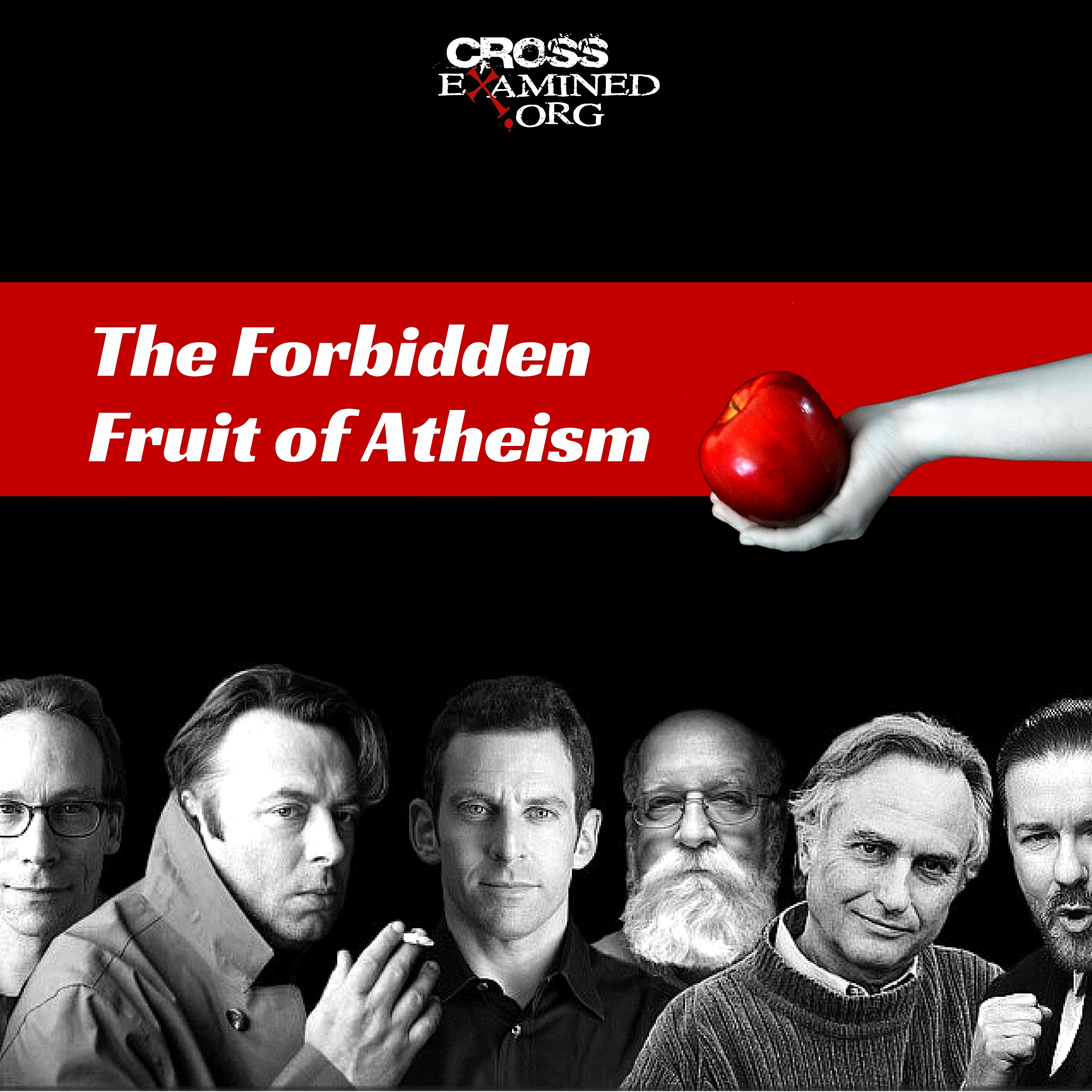
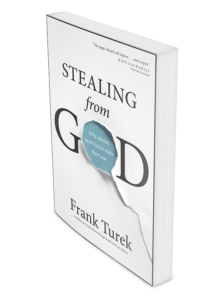 STEALING FROM GOD
STEALING FROM GOD  FEARLESS FAITH SEMINAR
FEARLESS FAITH SEMINAR

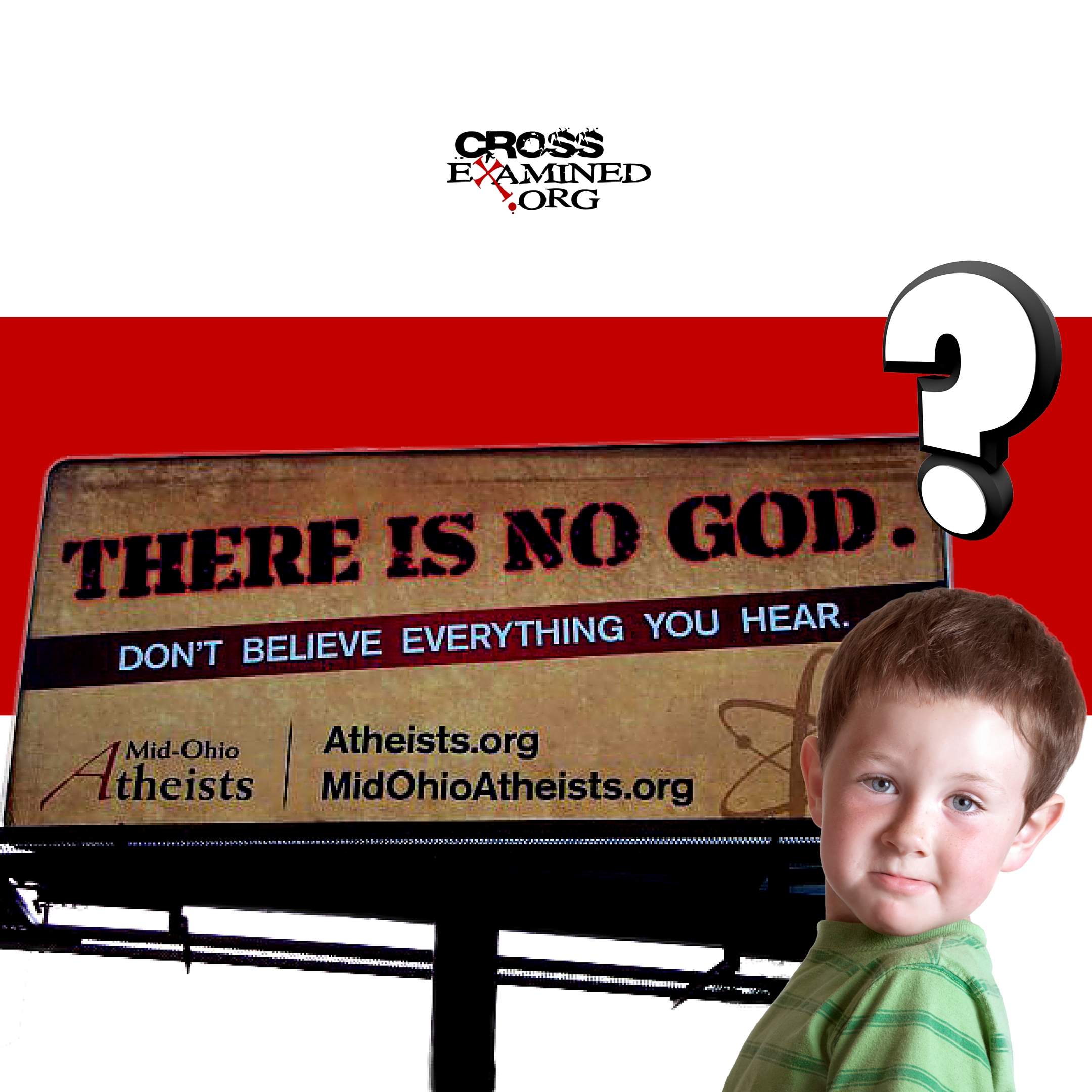

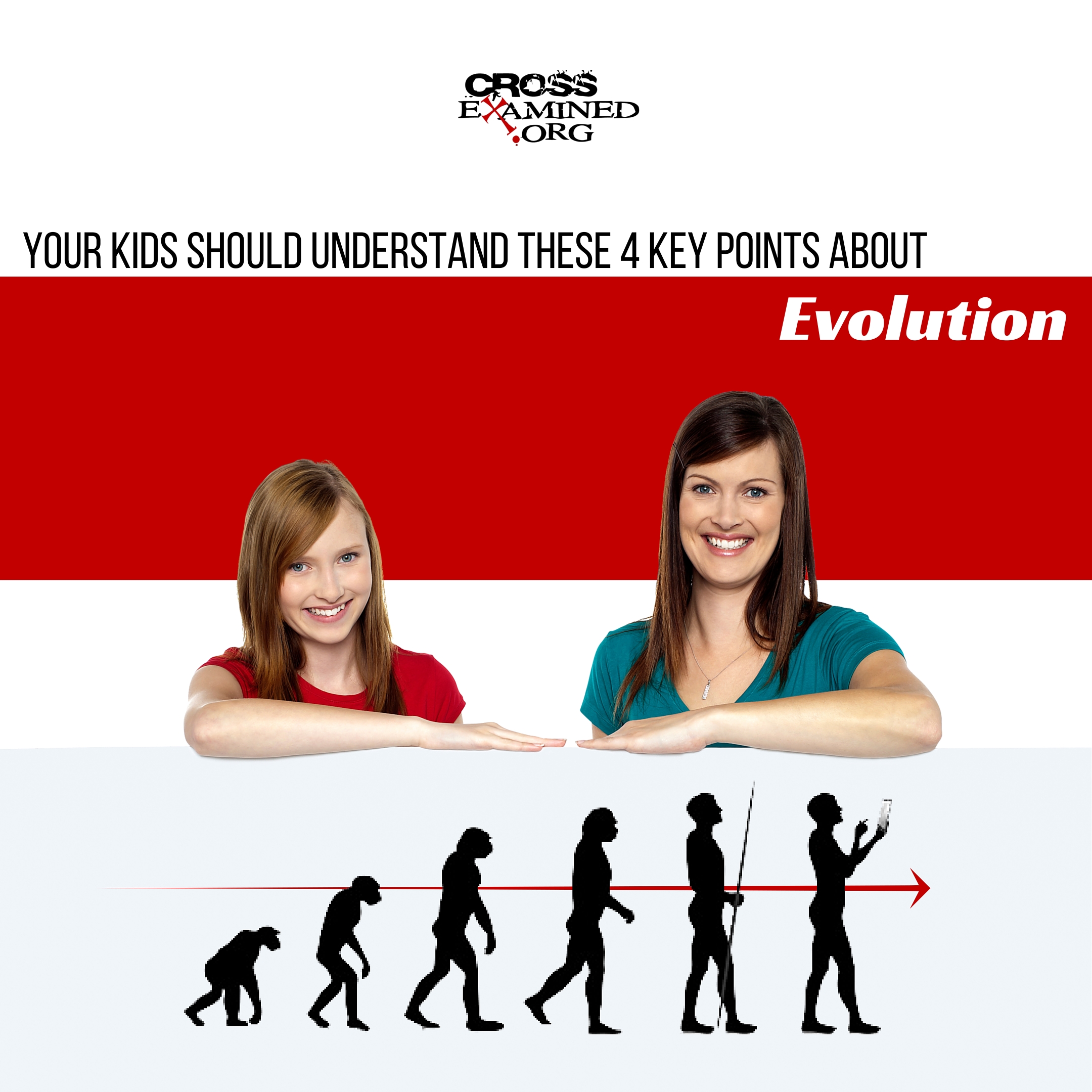

 http://bit.ly/2aKOC9b
http://bit.ly/2aKOC9b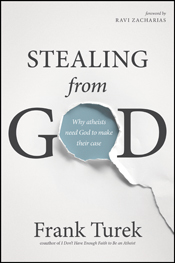 http://bit.ly/SFG_Book
http://bit.ly/SFG_Book